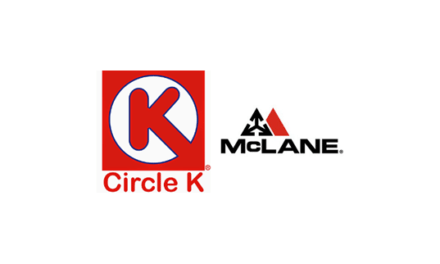Investments by DuPont in research and development of biofuels could be jeopardized by the Environmental Protection Agency’s proposal to reduce biofuels requirements in its Renewable Fuel Standard (RFS), said an executive with the company.
DuPont Senior Vice President James. C. Collins testified Dec. 11 before the U.S. Senate Committee on Environment & Public Works (EPW) regarding the Renewable Fuel Standard and a proposal from the Environmental Protection Agency (EPA) that would fundamentally alter the volumes of biofuels required to be blended into the transportation fuel supply. Headquartered in Wilmington, Del., DuPont said it will open the nation’s largest, commercial scale, cellulosic ethanol plant next year.
Collins’ testimony detailed the investments DuPont has made in the industry because of the stability of the RFS, and the policy’s impact on increasing energy security, lowering greenhouse gas emissions and strengthening rural economies. Collins said these investments, and the innovation the RFS has spurred, could be jeopardized by the EPA proposal:
“I firmly believe that reversing course on this policy would have devastating effects. Short term, it would inject uncertainty into an improving economy with job and tax revenue loss. Long term, we risk much more. We would find ourselves shipping these technologies, jobs, and environmental benefits overseas to countries with more stable policy environments.”
DuPont has been working on biofuels for close to a decade and is a major technology supplier to the grain ethanol industry. The company also said it is on the cusp of commercializing two groundbreaking initiatives in advanced renewable fuels.
In the second half of 2014, the company said, it will open a $200 million plus cellulosic ethanol facility that will produce 30 million gallons of fuel each year. Located in the city of Nevada, Iowa, the plant will create approximately 70 full-time permanent jobs and more than 1,000 construction jobs, the company said. By purchasing corn stover from surrounding farms, the project will provide a new source of income to more than 500 local farmers and also employ 150 local seasonal workers to collect, transport and store the feedstock, the company said.
Beyond the production of clean, domestic renewable fuel, the plant’s entire operation will be greenhouse gas neutral, the company said, meaning it will be fully sustainable, with “zero net CO2 emissions.”
In addition to cellulosic ethanol, DuPont has partnered with BP in a 50/50 joint venture named Butamax. The partnership has developed and extensively tested biobutanol, a fuel that when blended in a 16 percent isobutanol gasoline blend, meets E10 fuel specification, is compatible with existing vehicles and infrastructure, and has twice the renewable energy content of E10, DuPont said.








